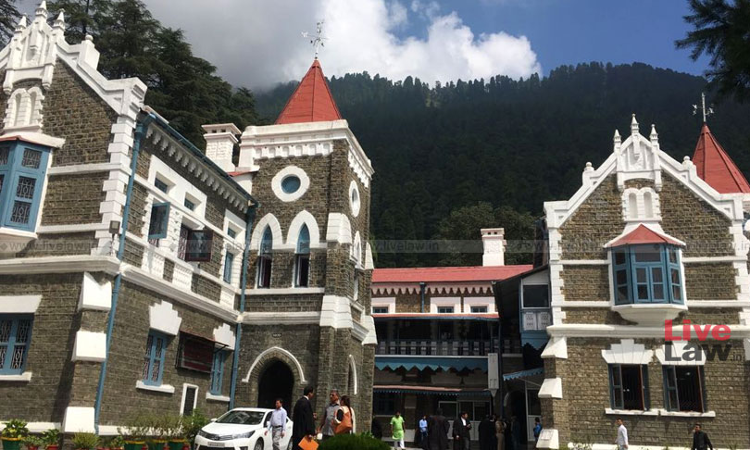Uttarakhand High Court Pulls Up Family Court For Not Allowing US Resident To File Divorce Petition Through POA Holder
Rahul Garg
13 Nov 2022 2:57 PM IST

Next Story
13 Nov 2022 2:57 PM IST
The Uttarakhand High Court recently directed a family court in Haldwani to entertain a man's petition for divorce by mutual consent under Section 13B of the Hindu Marriage Act, 1955 on the basis of the power of attorney furnished on behalf of his father.The division bench of Chief Justice Vipin Sanghi and Justice R.C. Khulbe, while expressing its dismay on the approach of the Family Court,...
